Helping K–12 educators develop authentic climate science learning opportunities for students
About
About the Climate Science Grant
All nine Educational Service Districts (ESDs) in Washington are launching programs for science teacher training around Next Generation Science Standards (NGSS) and climate science, thanks to grant money made available to the Office of the Superintendent of Public Instruction (OSPI) by Governor Inslee. Distributed by OSPI, the ESDs are sharing $3 million from the state’s general fund for teacher professional development, development of instructional materials and student events. With an additional $1 million provided to community-based nonprofits to partner with public schools around NGSS, the $4 million appropriation makes Washington the first state in the country to dedicate significant funding for climate science education and NGSS.
The ESDs have collectively branded this program as “ClimeTime” to use across all programs statewide. ESD 112’s work includes:
Teacher Professional Development
Throughout the year, there will be multiple opportunities for teachers to engage in professional learning around NGSS and climate science.
Development of Instructional Materials
Throughout the year, teachers will have many opportunities to identify, modify, or develop climate-related classroom tasks and rubrics for their grade band.
Student Events
Several student events will have an explicit connection to climate science.
Professional Development
Trainings & Seminars
ClimeTime at ESD 112 includes a series of teacher trainings and seminars aimed at helping K-12 educators develop authentic learning opportunities for students; bringing current events together with science for the benefit of public education.
Throughout the school year, there will be six 1-day externships for teachers developed in collaboration with local climate-related STEM (science, technology, engineering and math) businesses or organizations. Participating teachers will spend the first part of the day visiting the business and learning about the impacts of climate change on their work. During the second half of the day, teachers will collaborate in small grade-level teams to develop a classroom task based on their new learning.
There will also be six STEM seminars in which scientists and researchers present the impacts of climate change on their work to a group of teachers.
Upcoming Classes
Projects
ESD 112 ClimeTime Projects
Partners
- Washington Green Schools
- Climate Impacts Group at University of Washington
- Cascade Volcano Observatory
- Water Resource Center
- Friends of Ridgefield Wildlife Refuge
- Pacific Education Institute
- Clark County Public Health
- Goose Island Oysters
- Mount St. Helen’s Institute
- U.S. Army Corps of Engineers
- Clark County PUD
- SW Clean Air Agency
Program Contacts
Who to Contact
Upcoming Career Readiness & STEM Classes
Get Social with Us

Proper disposal of medication helps:
- Prevent prescription drug misuse and opioid addiction
- Reduce accidental poisonings and overdoses
- Protect pets, children, and vulnerable community members
- Keep pharmaceuticals out of landfills and waterways
Locations and more info at: bit.ly/drug-take-back-ESD

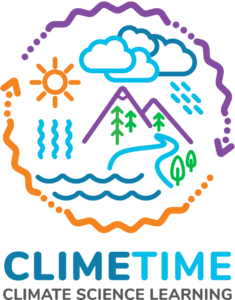

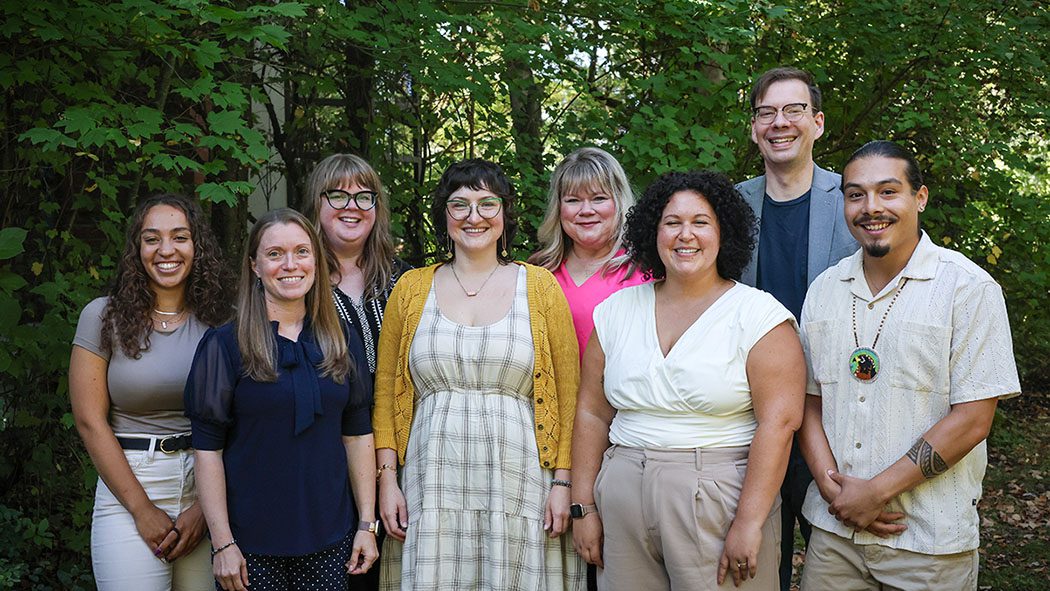
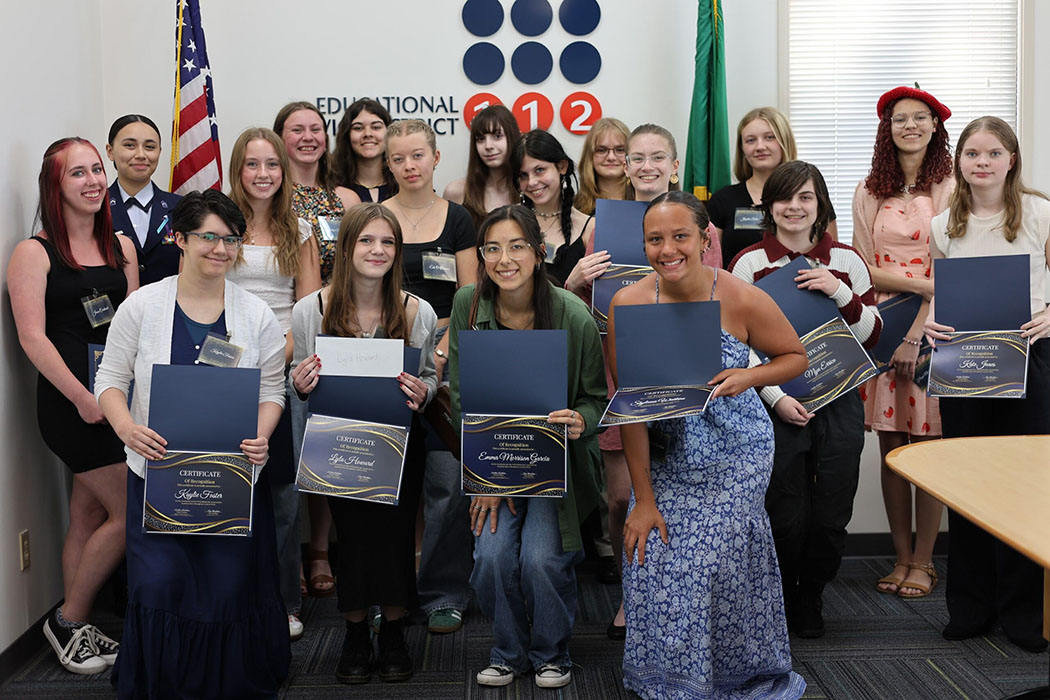
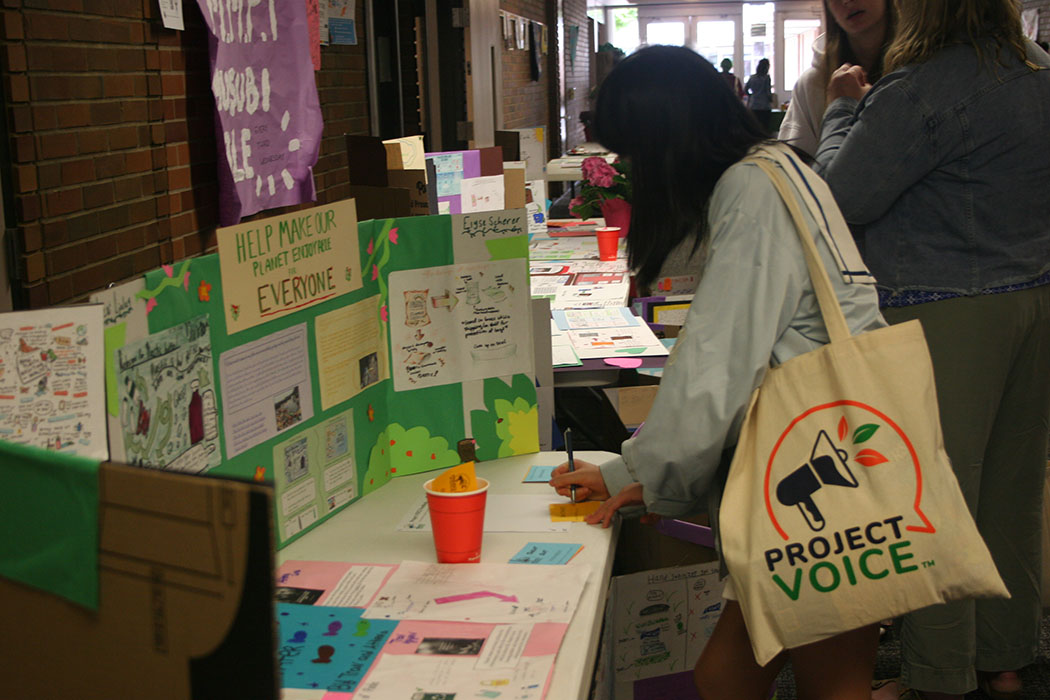
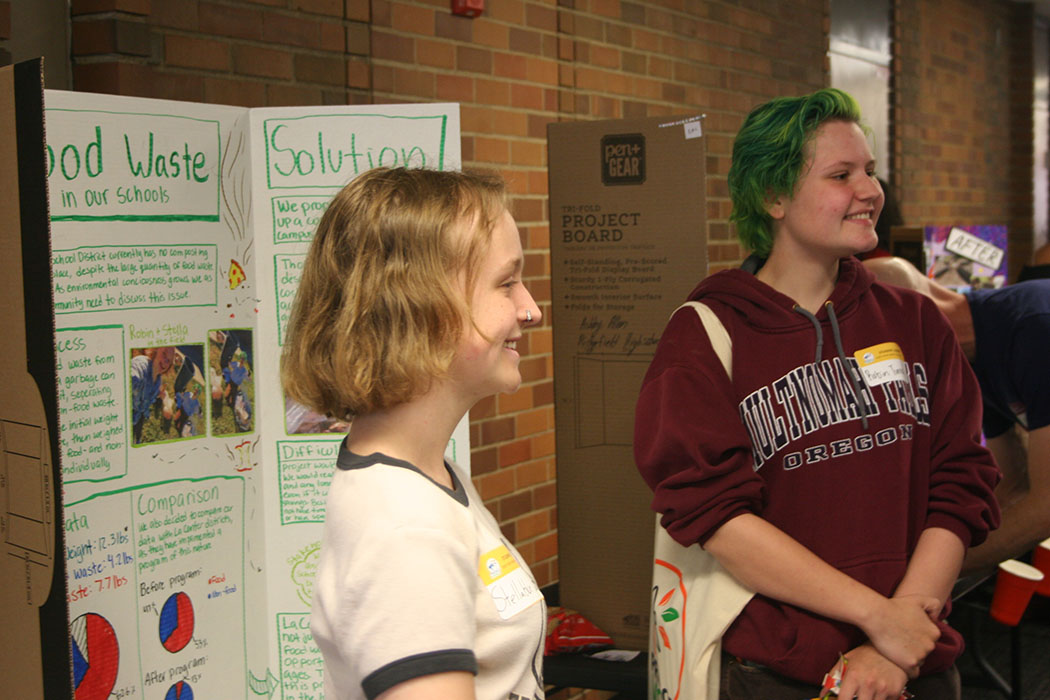
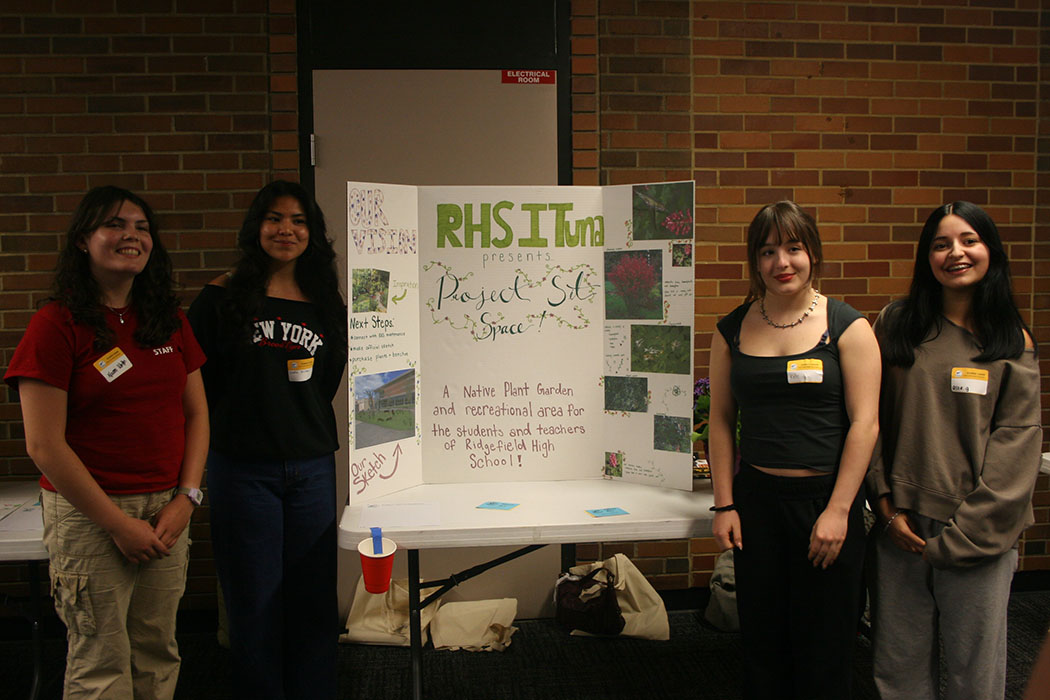
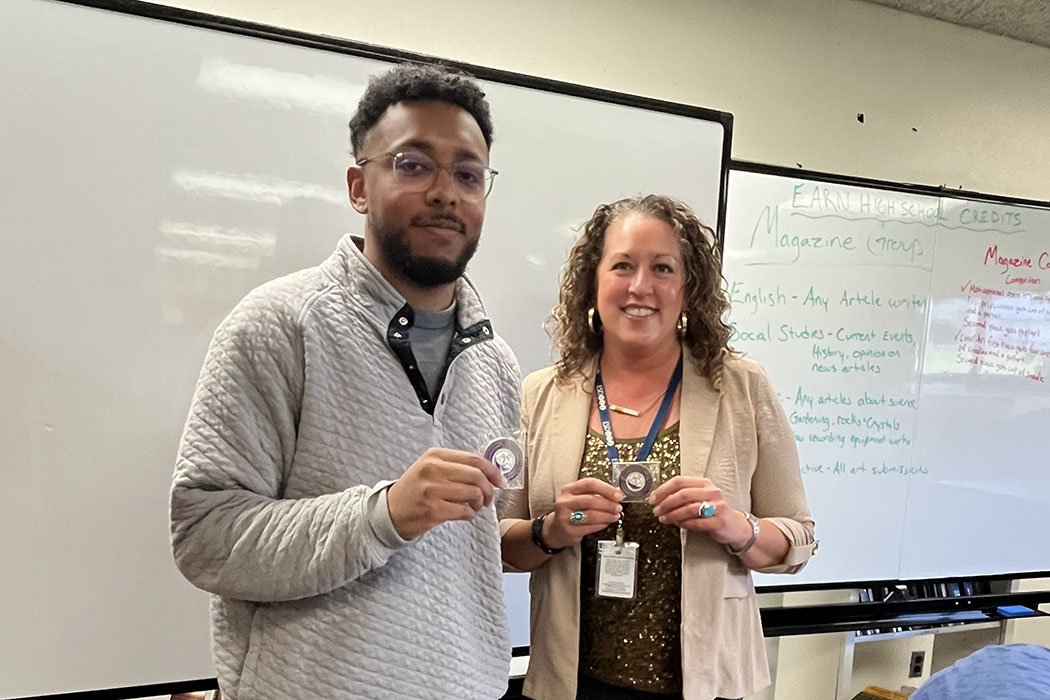
 ESD 112 equalizes educational opportunities for learning communities through innovative partnerships, responsive leadership, and exceptional programs.
ESD 112 equalizes educational opportunities for learning communities through innovative partnerships, responsive leadership, and exceptional programs.